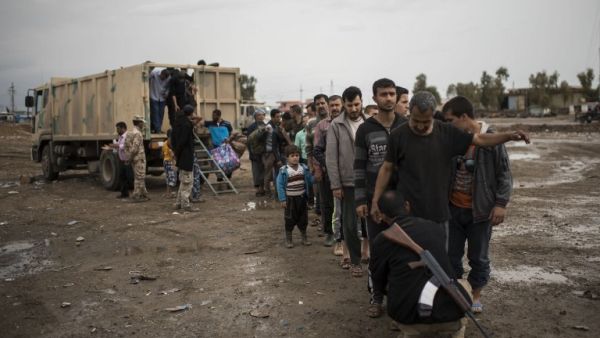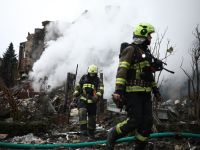Almost half a million people have been displaced from the northern Iraqi city of Mosul since US-backed Iraqi forces launched an operation to drive Islamic State (Daesh) out of the area six months ago, the UN said on Monday.
More than 493,000 people have left their homes since October 17, when Iraq started a massive campaign to recapture Mosul, the country's second-largest city.
"The sheer volume of civilians still fleeing Mosul city is staggering," said Lise Grande, humanitarian coordinator for Iraq.
"Our worst-case scenario when the fighting started was that up to 1 million civilians may flee Mosul. Already, more than 493,000 people have left, leaving almost everything behind," Grande added.
Islamic State seized Mosul in mid-2014.
Iraqi forces forced Islamic State out of the eastern side of the city in January. Troops are currently battling to dislodge the extremist militia from the western sector, its last key stronghold in the country.
The UN Office for the Coordination of Humanitarian Affairs (OCHA) estimates that about 500,000 people remain in western Mosul neighbourhoods that are still under the control of Islamic State militants, including 400,000 in the densely populated old city.
"The battle in western Mosul is very different than in the east — it's much tougher. There are more trauma injuries, homes are being destroyed, food stocks are dwindling quickly and families are at serious risk because there isn't enough drinking water," Grande said.
The operation to retake western Mosul is complicated because of its population density and narrow, congested streets.










